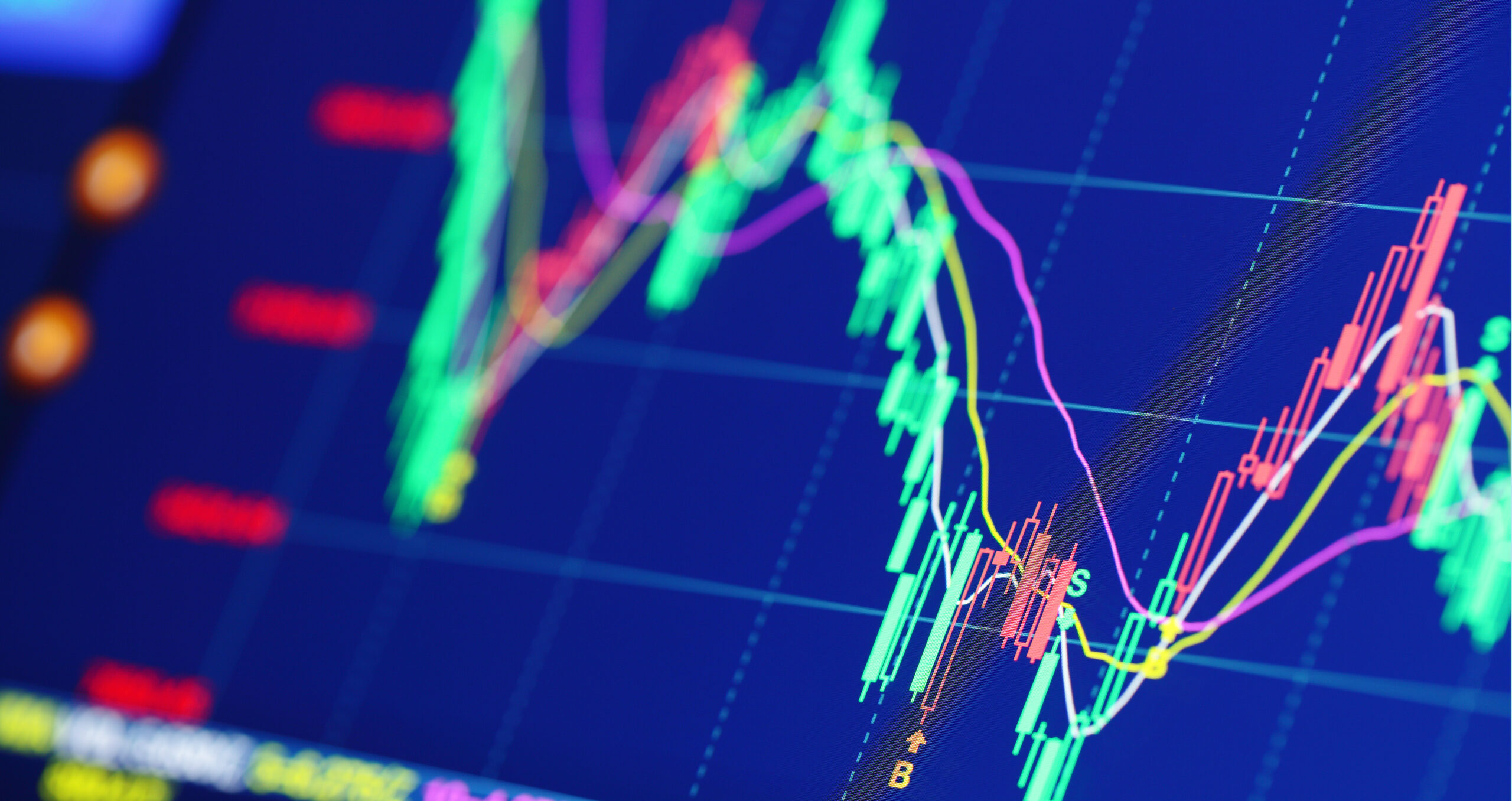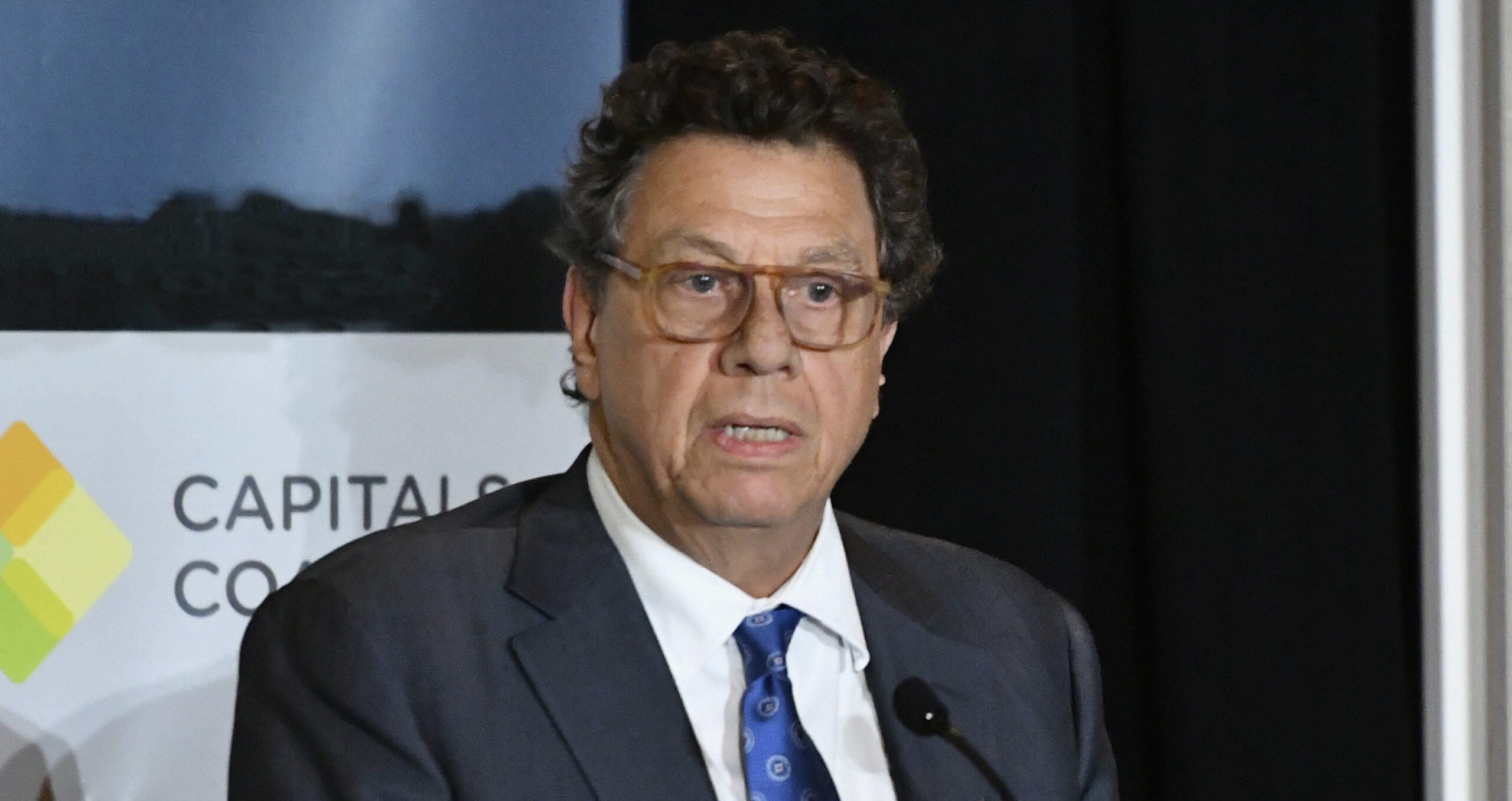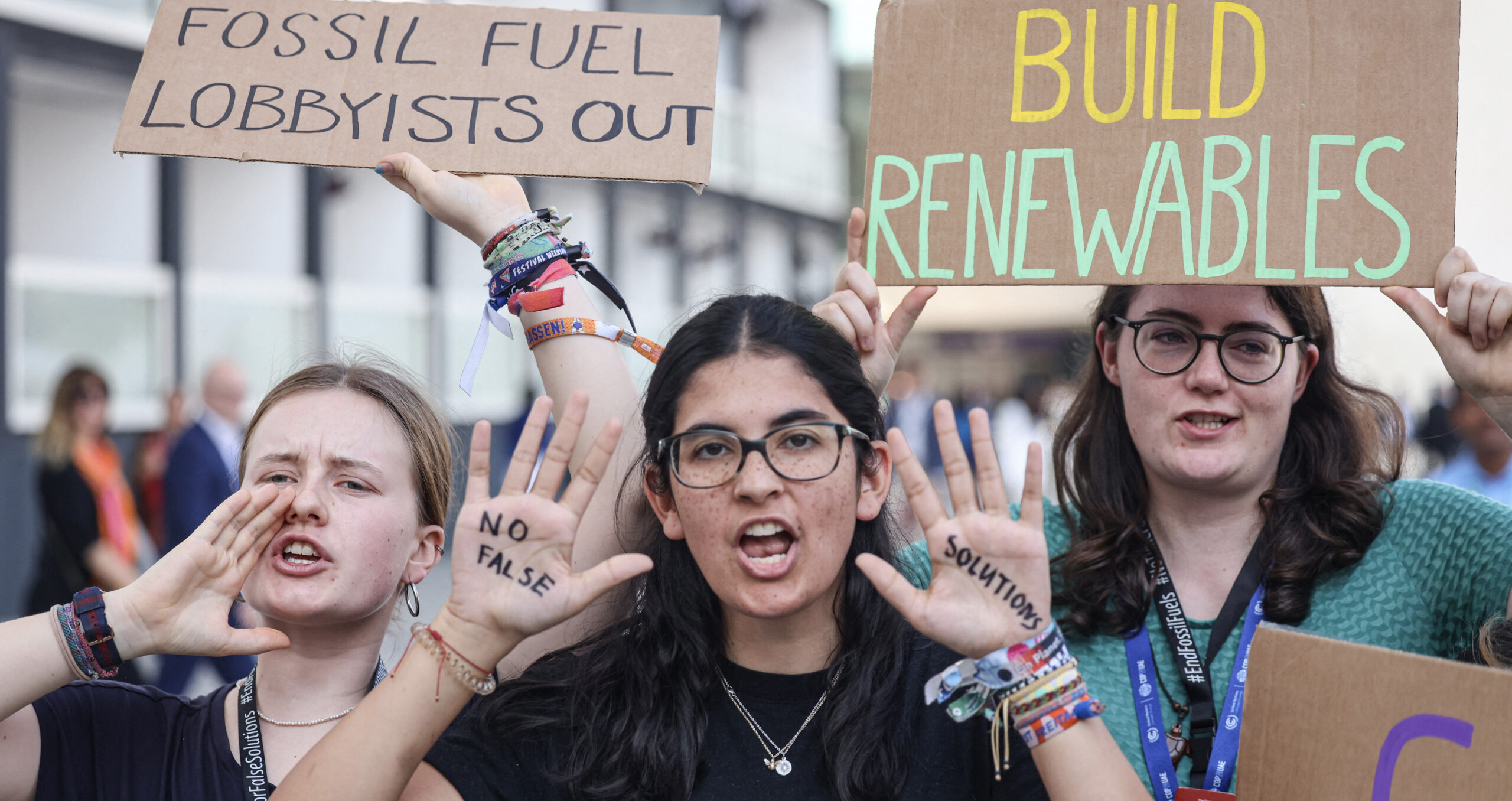
Digitisation urgently needed to address pace of EU green transition

The EU needs to embrace digitalisation and adopt a data charter if it is to act fast enough to tackle emissions, says Siemens’s Thomas Kiessling.
The EU Green Deal and the EU Net Zero Industry Act are good steps forward, but regulation must be implemented much faster if industry is to transform quickly enough to bring down emissions in line with climate science, says Thomas Kiessling, chief technology officer for Siemens’s smart infrastructure business. He also urges the EU to adopt a “data charter” to ensure decarbonisation and digitalisation go hand in hand.
Through its infrastructure business, Siemens works on smart grids that connect renewable energy sources to existing infrastructure and on their use for the distribution of medium-voltage power, which is a more economical use of power.
“In general we welcome all the initiatives at an EU level focused on industrialisation and decarbonisation,” Kiessling tells Sustainable Views during an interview in the Finnish capital Helsinki. “But we see the same limits and constraints of similar attempts in the past,” he says.
The EU’s recent focus on industrialisation in the context of creating a net zero economy by 2050 is “great”, says Kiessling, describing the move as “overdue” and “urgently needed”.
Siemens is, however, “concerned about the speed of execution” of all regulations under the EU Green Deal, he adds. The slow pace of implementing laws is a “general problem” in the EU, he says, highlighting in particular the significant amount of time it can take for governments to turn legislation agreed in Brussels into national laws. In the case of climate change, though, there is no time to lose, Kiessling insists, urging regulation and its implementation “to go faster”.
Kiessling also flags a continuing “bias to capex incentives” as a concern related to EU regulations aimed at moving the energy transition forwards. In addition to facilitating capital investments, there should be a greater focus on the capital used to improve the running of daily operations.
“If you want to solve the tripling of capacity in the energy grid to a large extent by intelligent digitalisation, which is possible, you need to change the regulatory framework and embrace the opex [operational expenditure] innovation space,” says Kiessling.
The European Commission says the deployment of renewables will need to triple by the end of the decade to reach EU energy and climate targets.
Siemens, like other engineering and electrification companies, sees digitalisation as key to reducing emissions by moving away from a centralised energy system based around gas or coal-fired power plants to a decentralised system fed by variable solar and wind, massive electrification and where companies and consumers can take and feed into the electricity grid.
Such a system can only be managed by computers dealing in real time with huge amounts of data and allowing constant changes to the ebb and flow of electricity depending on the weather and consumption and production behaviour, Siemens argues.
“It is a lot about trying out where digitalisation helps in the specific space of an energy provider,” says Kiessling. “Maybe two out of four initiatives work and are really big and the other two you just stop as it is a trail-and-error approach.”
Such ways of working are “contrary to the very static, process-based approach between regulators and energy companies today,” he says. “[Today], when you see demand growing above a certain threshold, somebody fills out a request and sends it to the regulator, you put in another couple of million [euros] of equipment, and it takes years to do that,” referring to the process and time needed to match higher demand.
Kiessling says a “totally different approach” is required to deal with the climate challenge, which “needs to be embraced explicitly in the regulations the EU and national regulators put forward,” he argues.
The introduction of an EU “data charter” would help, setting out the need and desire for digitalisation to be central to the energy transition, Kiessling adds. Such a charter should, he says, include a “top-down” framework detailing the “availability and openness of [energy] data” for all industry players.
Similar Articles

‘No leakage’ structure to strengthen carbon markets, says Costa Rica’s environment minister

Youth on COP28: few women but an ‘overwhelming number of fossil fuel lobbyists’


